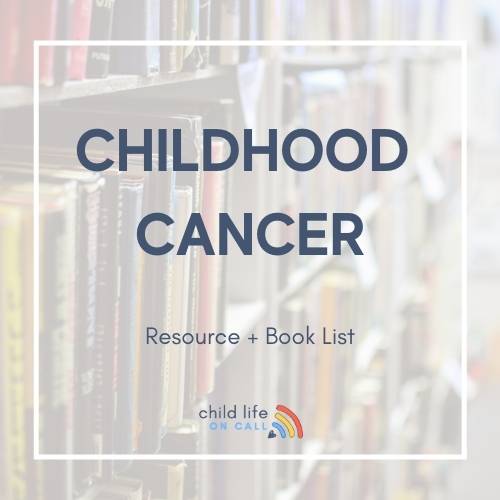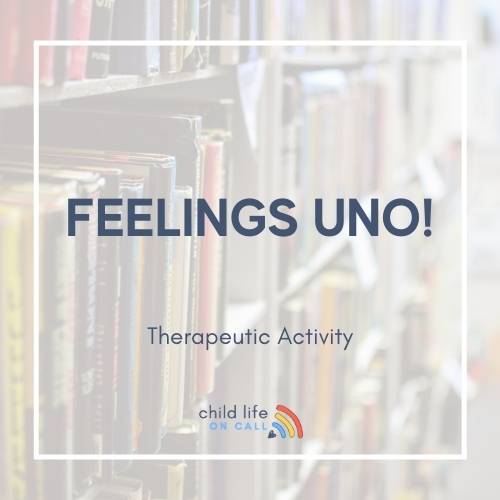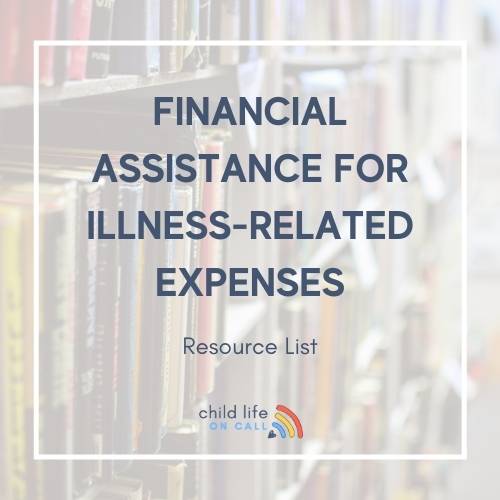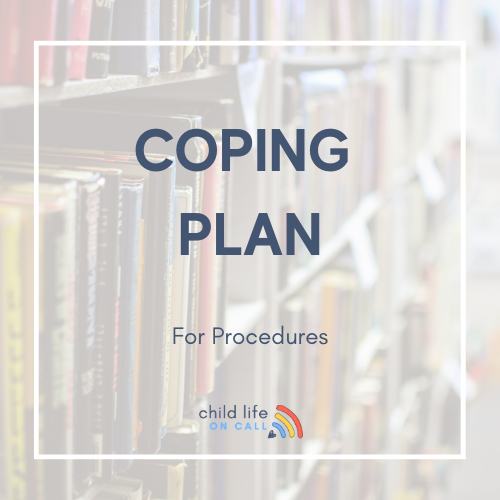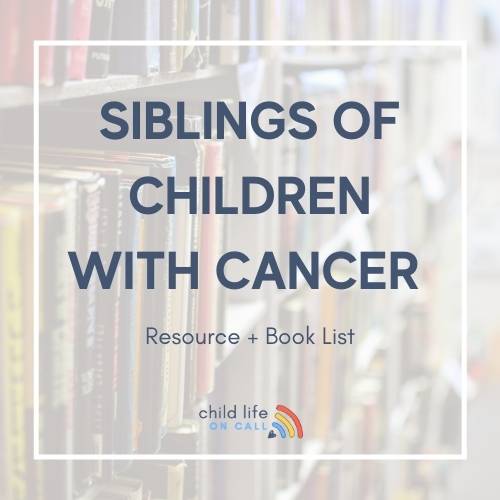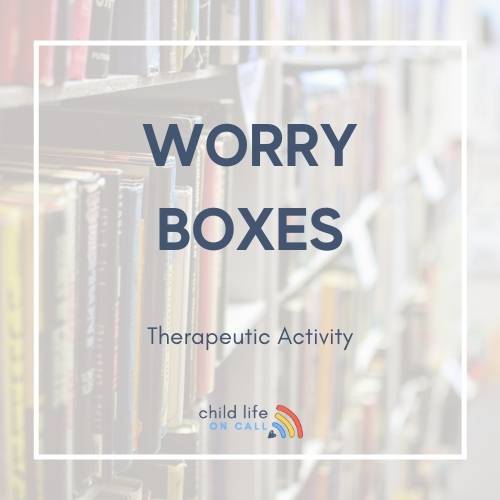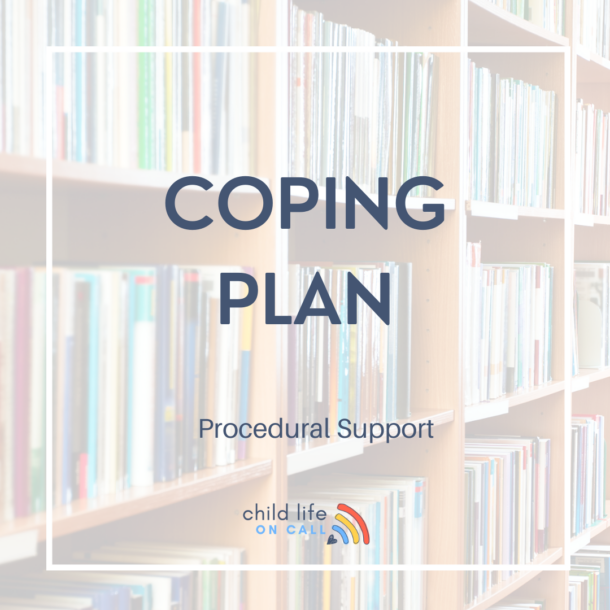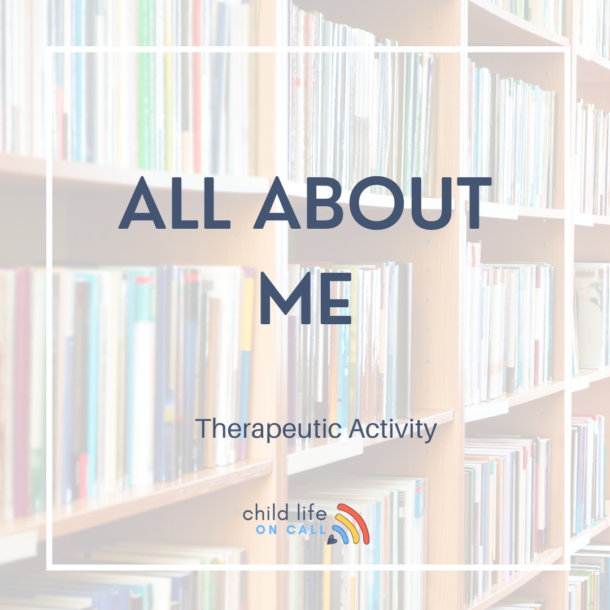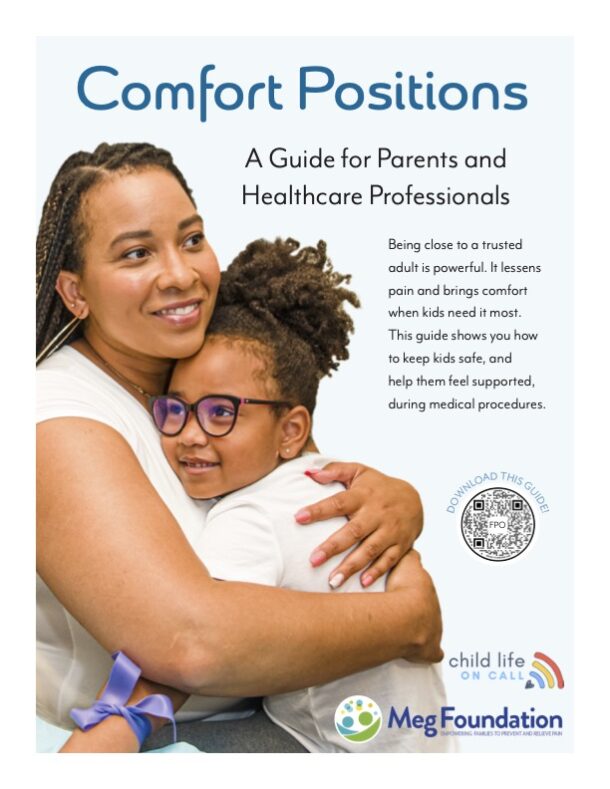April is Child Abuse Prevention Awareness Month. We have reposted this episode to bring awareness and give you tangible tools to speak with your kids about child abuse. Today’s guest expert is Jane Donovan, who is a child abuse prevention advocate. "And like we say in...
Episode 116 | Psychosocial Considerations for Parents of Tweens and Teens
Podcast Show Notes
Today’s guest expert is Jessica Lewin, a child life specialist in the school setting. We talk about some of the key concepts that she wants parents to know are affecting their middle and high schoolers. Jessica and I discuss suicide, the impact of school attendance, and tweens’ and teens’ psychosocial roles within their social systems.
In this episode, we talk about…
[2:09] Jessica’s background and work in the Child Life field
Jessica Lewin has been a child life specialist for six-and-a-half years. She got into child life at a children’s hospital within a small community hospital, and she was there for about six years before deciding that she was looking for something more. It seemed like a good fit to transfer her skills to working in schools, and she sent around 18 proposals to different school districts. Five replied kindly and said something along the lines of, “We have a social worker for this. We have a counselor for this. No, thank you. We only hire people with a Master’s in social work.”
She finally decided to apply to places that were already looking for a social worker or a counselor, because similar to the hospitals there are not a lot of funds in education. Nobody wants to use funds for something that they have never heard of, so Jessica thought maybe she could get somebody who was looking for a social worker to switch the title and hire her instead. That is what she ended up doing, by sending her proposal to a principal saying that she saw they had been looking for a social worker for two months. He looked at her resume and cover letter, and he called to tell her that she was more impressive on paper than two social workers that they were going to be interviewing the following week. He invited Jessica to come in, and she had to go through the interview process as a social worker candidate. They offered her the job, and she had been working there for around six months at the time of our conversation.
Now, Jessica feels like she understands the Child Life profession better than she ever understood it in the hospital. Transferring your skills from the hospital to the community is hard because it looks so different. She has the community position statement that ACLP has curated pulled up on her computer at least once a day at work. She is still doing Child Life, but she likes to find the way that ACLP has written it out as well.
[7:10] Psychosocial development in middle and high school
Jessica works with middle and high school students, and they come to her office for a variety of reasons. There are 300 students at her school, and she knows or has worked with at least 200 of them in six months. They may be a part of something that she is a part of, whether that is a grief group, the Gay Straight Alliance, or something else.
Before the pandemic, one out of six kids were considered chronically absent. That means they were missing 15 or more days of school. With 180 school days in a year, 15 days may not feel like a lot. It rarely, however, stops at 15. Students who are chronically absent tend to miss upwards of 20, 30, or 40 days of school. When you are a middle or high school student and you miss that many days, now you have to multiply those numbers by 6. They have 4 core classes plus 2 electives, and catching up is exhausting.
Chronic absenteeism can affect academic success, of course, but it can also affect peer relationships. Now their peers understand and know more than them, and that impacts their self-worth. This is where they are in their development, as teens are focused on creating their identities.
Being chronically absent can come from a variety of things. They could be sick, or somebody in their family could be sick. It could be mental health related, or they could be staying home because they are being bullied at school. They may not feel safe at school and not know who to go to for help.
Jessica also recently learned that parents severely underestimate their children’s absences. If a parent is letting their child stay home for 9 days and feeling like it’s no big deal, but it’s actually 18 days, that can have a huge impact. Jessica keeps track of her chronically absent students, and she sets up meetings with parents and families. She also reaches out to the students, as she wants to become that safe person in the school setting they can come to. She can be that voice telling them that she is happy they are at school, and that source of support as they try to get back on track in their classes.
[14:09] The mental health crisis for teenagers
Mental health can come into play in so many different ways. When you compare the school setting to big traumas in the hospital setting, like a death of a family member, a cancer diagnosis, or a procedure that’s about to be really painful, some things can seem pretty mellow. For Jessica’s students, however, this is the biggest thing that they have to deal with right now. While it’s not a cancer diagnosis, a student’s boyfriend might break up with her via text in the middle of math class. Now she’s upset, she can’t function, and she needs some kind of coping tool in order to go back to the classroom and be successful. Jessica’s biggest goal in the school setting is to validate students’ feelings, identify the problem, and help them transition back to the classroom. She can’t solve everything in 15 minutes, but she can normalize their feelings, provide next steps, and get them back to a place where they can finish the school day.
Some students may come to Jessica with grief episodes. They may have experienced a parent’s death a couple years ago, and suddenly are overcome with grief. In those cases, Jessica’s job is to advocate for mental health days. That child will not be successful in the classroom in the midst of something like that, but they can come back the next day in a better frame of mind.
[18:19] Mental health resources outside of the school setting
Jessica helps a lot with empowering her students’ parents. She gives them chances to ask for help, or she offers the help before they ask because they may be embarrassed. Parents will typically take a suggestion well, if it is recommended for their child to attend an after school grief group or talk to an outside counselor or therapist. Jessica noticed, however, that in many cases the parents were never actually taking that next step. Between Jessica’s medical background and the fact that her husband is a therapist, she is quite connected to a lot of the mental health resources in the community. She can recommend providers based on the parents’ insurance, or based on the specialty needed for that particular child.
So, Jessica would love to see her job expand more, and she and the school counselor have talked about taking a week and introducing themselves at the different counseling centers in the area. She would like to be able to bridge that gap even more, and to give the parents peace of mind that she is referring them to someone who will be a perfect fit for their child. It can remove a huge burden for parents to not have to figure that all out themselves.
There is also a university in the community that offers free counseling, as their students have to reach a certain number of counseling hours before they can move out into the real world as a therapist. That is a great option for families that don’t have insurance or for whom counseling is cost prohibitive. If families do not have transportation, there is a telehealth option as well.
[22:12] Conversations with teenagers about suicide
Jessica says that suicide seems to be much more talked about in middle and high school than it was when we were that age. Kids watch shows about suicide, and they see things about it on social media. When Jessica was hired, a 9th grader had committed suicide just the month before. She has seen the ripple effect with a lot of friends of this person struggling throughout this school year. They have these grief episodes that hit them at random moments, and they need to step out of the classroom.
Having conversations about suicide is so important, because teens are seeing things about it either way. We need to make sure there is a line of communication, and they need to know they can go to their parents or other trusted adults if they are feeling suicidal.
Jessica has had several conversations with parents about their child saying they are having suicidal ideations. One parent told Jessica that the teen gets that way when she is tired. Rather than dismissing it, Jessica provides them with resources and she advocates for parents to seek evaluations for their children if they are suicidal. That is the safest course of action, even if it feels hard.
CONNECT WITH JESSICA
Have you heard? The Child Life On Call mobile app for parents, kids and their care team will be available in 2022. Sign up to stay informed here.
Child Life On Call is a community of parents and professionals that share ideas, stories and resources to help YOU navigate your child’s unique experiences. We give you strategies to support yourself and your family through life’s challenges. We are so glad you are here.
You Might Also Like…
215: Ruptured Appendix: Emergent Surgery, 6 Days in the Hospital & Struggles to Discharge
"I've learned so much in this whole process. It's like you have a depth inside of you that resurrects as an advocate and high alert, and it lives inside of you when you need it." -Aspen, Willa's Mom In this episode of Child Life On Call, host Katie Taylor and guest...
214: Sacrifice, Advocacy, Joy: Raising a Son with End Stage Kidney Disease – The Ransome Family’s Story
"Sometimes it's really therapeutic though to remember all that you have gone through because I feel like there are times when we look at each other and I'm like how did we get here?" Taylor Ransome We're grateful for our sponsor for this episode, Nestle Health...

